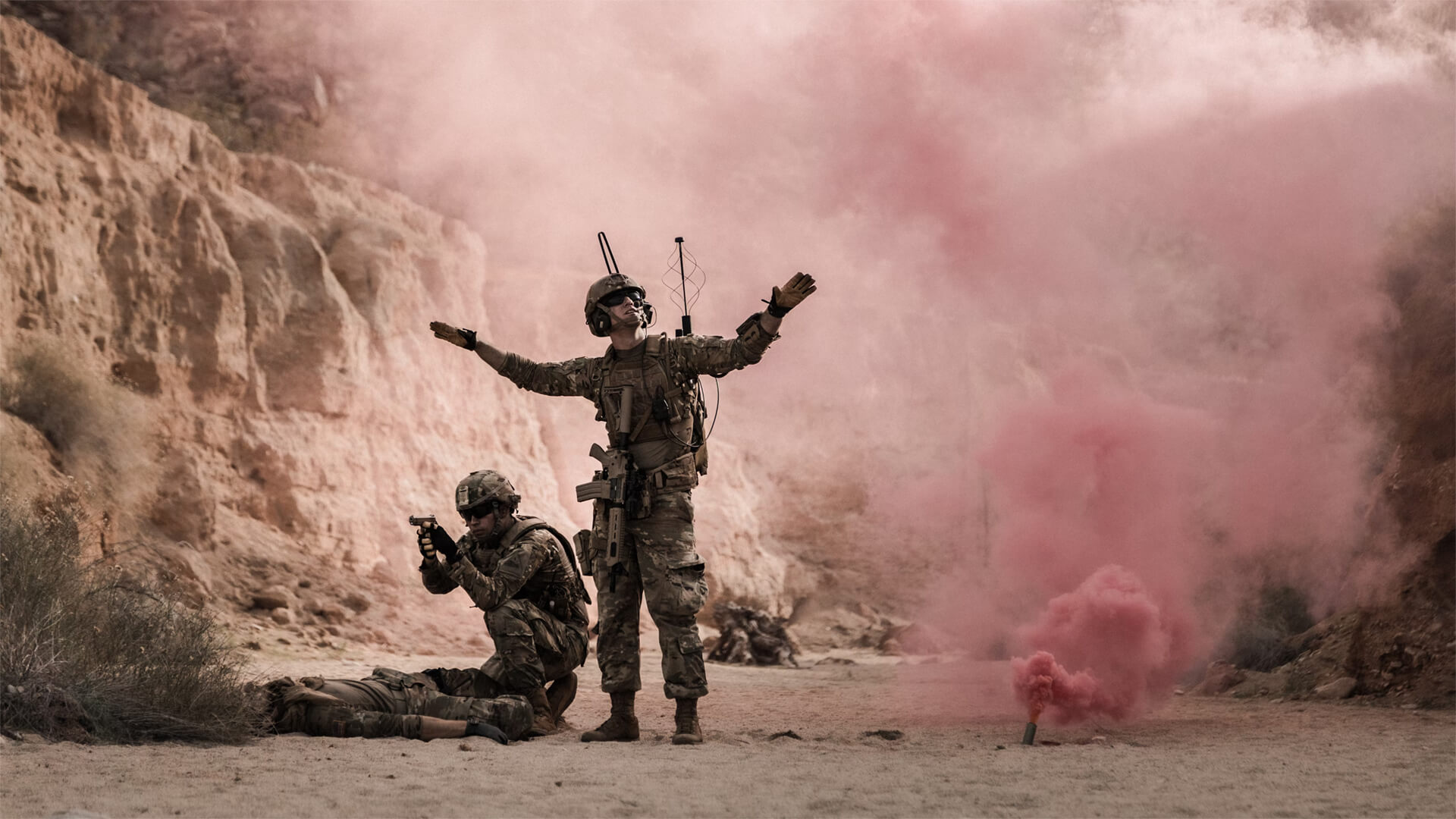*This video was recorded in May of 2024
The potential of dragging the US into a major conflict is top of mind for a lot of Americans, but what would it actually take to get us there?
The US isn’t just going to rush into a significant conflict, there has to be something major that occurs first. We’re talking a political leader with a strong international agenda or a major provocation (like Pearl Harbor). China (at least for now) knows better than to provoke the US due to Chinese reliance on maritime trade. Russia’s incompetence and aggressive actions in Ukraine pose a potential threat, but only if the conflict directly impacts US interests.
When looking at US military action within North America specifically, conflict with the Mexican drug cartels is top of mind. Although the situation in Mexico is dire, any action by the US without Mexico’s cooperation would be disastrous for the future of the US-Mexico trade relationship.
Here at Zeihan On Geopolitics we select a single charity to sponsor. We have two criteria:
First, we look across the world and use our skill sets to identify where the needs are most acute. Second, we look for an institution with preexisting networks for both materials gathering and aid distribution. That way we know every cent of our donation is not simply going directly to where help is needed most, but our donations serve as a force multiplier for a system already in existence. Then we give what we can.
Today, our chosen charity is a group called Medshare, which provides emergency medical services to communities in need, with a very heavy emphasis on locations facing acute crises. Medshare operates right in the thick of it. Until future notice, every cent we earn from every book we sell in every format through every retailer is going to Medshare’s Ukraine fund.
And then there’s you.
Our newsletters and videologues are not only free, they will always be free. We also will never share your contact information with anyone. All we ask is that if you find one of our releases in any way useful, that you make a donation to Medshare. Over one third of Ukraine’s pre-war population has either been forced from their homes, kidnapped and shipped to Russia, or is trying to survive in occupied lands. This is our way to help who we can. Please, join us.
Transcript
Hi, thanks for joining us today. My name is Michael, and I’m your director of analysis here at Zeihan on Geopolitics. It’s my pleasure to have a conversation with Peter Simon about some of the questions you’ve sent us about what’s going on in the world. Let’s start with the big one: What would it take to pull the U.S. directly back into a major conflict or war?
Oh, wow. Okay, so the United States has not been in a major, major conflict since World War II. In terms of the conflicts we’ve had since then, they were either in the context of supporting the global order—basically bleeding for our allies so they would stay our allies, like in Korea and Vietnam—or it was our attempt to forge a new world post-Cold War, like Desert Shield and Desert Storm.
For us to get involved in anything on that scale would require one of two things. Number one, a political leader in the United States who sees international issues as the crucible in which a new identity could be forged. There’s no sign of that happening on either side of the political spectrum at the moment. Or, someone doing something really, really, really breathtakingly stupid and provoking the United States.
This has happened before. You could argue that Pearl Harbor, the Cuban Missile Crisis, Sputnik, and the Kuwait invasion all fit this description. But when I look around the world at the powers in play, I don’t think the Chinese are anywhere near dumb enough to do that.
At least a few years ago, Chairman Xi and the Politburo realized that if there were a fight with the United States, it would be a fight on the water, and China depends on freedom of the seas to keep its people alive. The entire economic model, the food imports, the energy imports—they would just stop, and they know that would be suicide.
So, the only country right now where that might be an issue would be Russia, and that’s because of Russian incompetence. We’ve learned over the last three years that Russia doesn’t have a classic army in the sense most people think of. They basically have a mob they put guns in the hands of and throw at things.
It’s not that this strategy has never worked for the Russians. The Russians have won half of the wars they’ve been in. But if the fight reaches a point where it’s hitting U.S. interests, that’s where you get the direct clash. As long as the United States is at least passively interested in NATO, should Ukraine fall, then we could be in a more direct fight.
But we’re not there now. Even if the Russians continue making the gains they’ve been making in the last year for the next five years, we will still not be there. The dynamism of this conflict is difficult to get your mind around because so many things are shaping both sides. I’m not suggesting for a moment that Russia is about to break through the lines in Ukraine and win. I’m just suggesting that it has to be something on that scale for the United States to consider getting involved, barring some idiot somewhere doing a direct attack on the United States. Remember, the United States has rested and recouped from the war on terror. Its military isn’t doing much from a military point of view right now.
There are no occupations. There are no hot deployments. So, if somebody did pick that fight, God help them because no one else will. But you mentioned that the U.S. military isn’t doing much broadly, and most of the conflicts you described aren’t within North America. There’s nothing within North America that looks viable at the moment, something targeting a U.S. strategic interest to the point that would motivate the U.S. to enter conventional warfare.
Stepping back a little bit, are there regions within North America, perhaps, or concerns that American strategic leadership has within North America that the military could be used for, to bring some kind of resolution or achieve a strategic gain? Not at the moment. The only issue where that theoretically could arise would be dealing with Mexican drug cartels. Americans’ preoccupation with cocaine—their love of cocaine—has basically destroyed the capacity for rule of law to exist in large portions of Mexico. Add to that the general incompetence of the AMLO administration, and Mexico is in a much worse position now in terms of public safety, public health, and infrastructure than it was five years ago. There’s plenty of fault to spread around.
I will just underline that if anyone thinks the United States can impose a military solution on the cartel situation, you are batshit. Mexico is a huge place, and the cartel situation is far more complicated than anything we had to deal with in Pakistan or Afghanistan during the war on terror. If there is a military angle to be played there, it will have to be hand in glove with the Mexican administration, something like what we did with Colombia.
But at the moment, with the current administration in Mexico City, that is not even under a hair of consideration. If the U.S. were to try to impose a military solution without active participation from the Mexicans, you can kiss the trade relationship goodbye, and then the United States would fall into an economic depression as the single most important economic, human migration, and manufacturing and energy relationship in human history all break at the same time.
Don’t do that.








